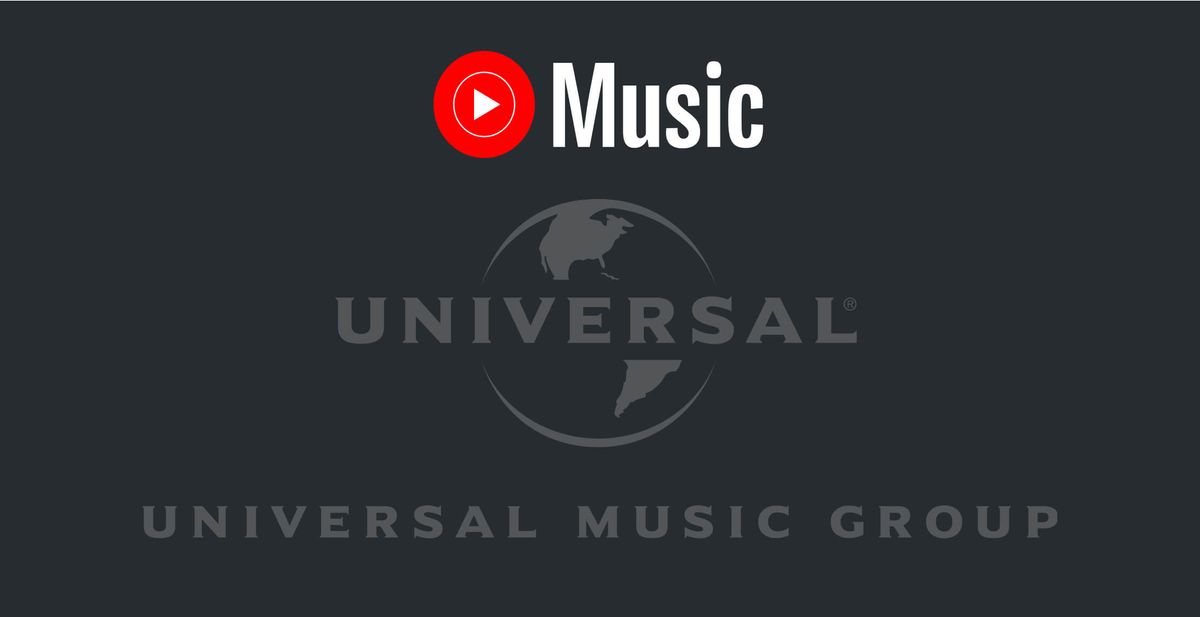
Music's relationship with technology has largely been evolutionary - until now. From the debut of the Fairlight CMI in the 1980s, which marked the start of digital music production, to widely accessible tools like MIDI and Pro Tools, each advancement built incrementally on the last. The critics lamented the march of technology, while proponents embraced the new creative frontiers opened up.
Generative AI is different. Rather than simply enhancing existing paradigms, it fundamentally disrupts them. With the ability to generate original melodies, harmonies, and lyrics, this AI represents more than just another production tool. It automatizes key elements of the creative process itself.
The lightning-fast, autonomous creation of musical building blocks is spurring a Cambrian explosion of content. The limits are quickly expanding from what humans can ideate alone. And we haven't even begun to properly interrogate the implications for copyright, integrity, and ethics.
Make no mistake, generative AI changes everything. It upends assumptions, workflows, and access. It dwarfs prior innovations in its speed, versatility, and autonomy. Music's relationship with technology is no longer simply evolving - it has been thrust into revolutionary new territory.
In an effort to navigate these disruptive changes, YouTube and Universal Music Group (UMG) are announcing a partnership to explore how AI may shape the future of the music industry. The joint initiative seeks to understand how AI might augment creative processes while ensuring that the intellectual property and rights of artists remain protected.
To kick off thing off, YouTube is launching a Music AI Incubator program. UMG artists such as Anitta, Don Was, Rosanne Cash, Ryan Tedder, Yo Gotti, the estate of Frank Sinatra and others will experiment with AI tools being developed by YouTube. Their feedback will help inform YouTube's approach to integrating AI into its platforms.
According to Lyor Cohen, Global Head of Music at YouTube, AI has "even greater potential" than previous innovations like synthesizers and digital production tools. It can "inspire and empower a new generation of talent."
However, Cohen also recognized potential downsides like misuse of an artist's style or image. By establishing guidelines and incentives, Cohen believes the industry can limit risks while promoting AI's creative promise.
YouTube and UMG aim to build an ecosystem where "artists and songwriters have the ability to maintain their creative integrity, their power to choose, and to be compensated fairly." This requires infrastructure, new business models, and updated frameworks like those developed for user-generated content years ago.
While acknowledging debates around AI, Cohen concluded optimistically that "music has always been fueled by such dynamic exchange." The joint focus on responsibility and collaboration points towards AI augmenting rather than replacing human creativity.
Sir Lucian Grainge, Chairman and CEO of Universal Music Group, expressed excitement about AI's potential to "amplify human imagination." But he stressed the need to strike a careful balance to ensure this technology enriches musical creativity.
Central to our collective vision is taking steps to build a safe, responsible and profitable ecosystem of music and video — one where artists and songwriters have the ability to maintain their creative integrity, their power to choose, and to be compensated fairly. - Sir Lucian Grainge
Grainge believes UMG's collaboration with YouTube will help forge this measured approach. By working directly with UMG artists to gather insights, YouTube aims to build AI systems that empower, rather than replace, human creativity.
Historically, YouTube has had to navigate complex issues, notably around copyright with user generated content. This experience led to the development of the Content ID system, which allowed users to integrate copyrighted music into their videos in a compliant manner. Leveraging this legacy, the partnership is geared towards a future where AI complements, rather than competes with, human creativity.
To ensure that this collaboration is both productive and protective, YouTube and its music partners, including UMG, have established three guiding principles:
- Responsible Engagement with AI: Recognizing the growing role of AI in various sectors, YouTube and its partners are committed to exploring its potential in music. The Music AI Incubator is set to play a central role in this exploration, involving a wide range of artists from UMG's roster.
- Prioritizing Artists' Rights and Creative Opportunities: With the rise of AI comes the challenge of ensuring artists' intellectual property remains secure. Systems like Content ID have set a precedent, and the focus will be on further refining protective mechanisms while simultaneously unlocking new avenues for artists.
- Expanding and Improving Trust and Safety Initiatives: The challenges AI poses, from potential copyright infringements to misinformation dissemination, require robust measures. YouTube aims to leverage AI itself in enhancing these measures, ensuring that as AI's role grows, protective mechanisms adapt accordingly.
This partnership foreshadows significant changes in music creation and distribution. As AI tools become more accessible, industry leaders are working to keep human connection and fair compensation intact. With YouTube's global reach and UMG's star talent exploring these technologies, fans may soon experience radical new musical possibilities.

